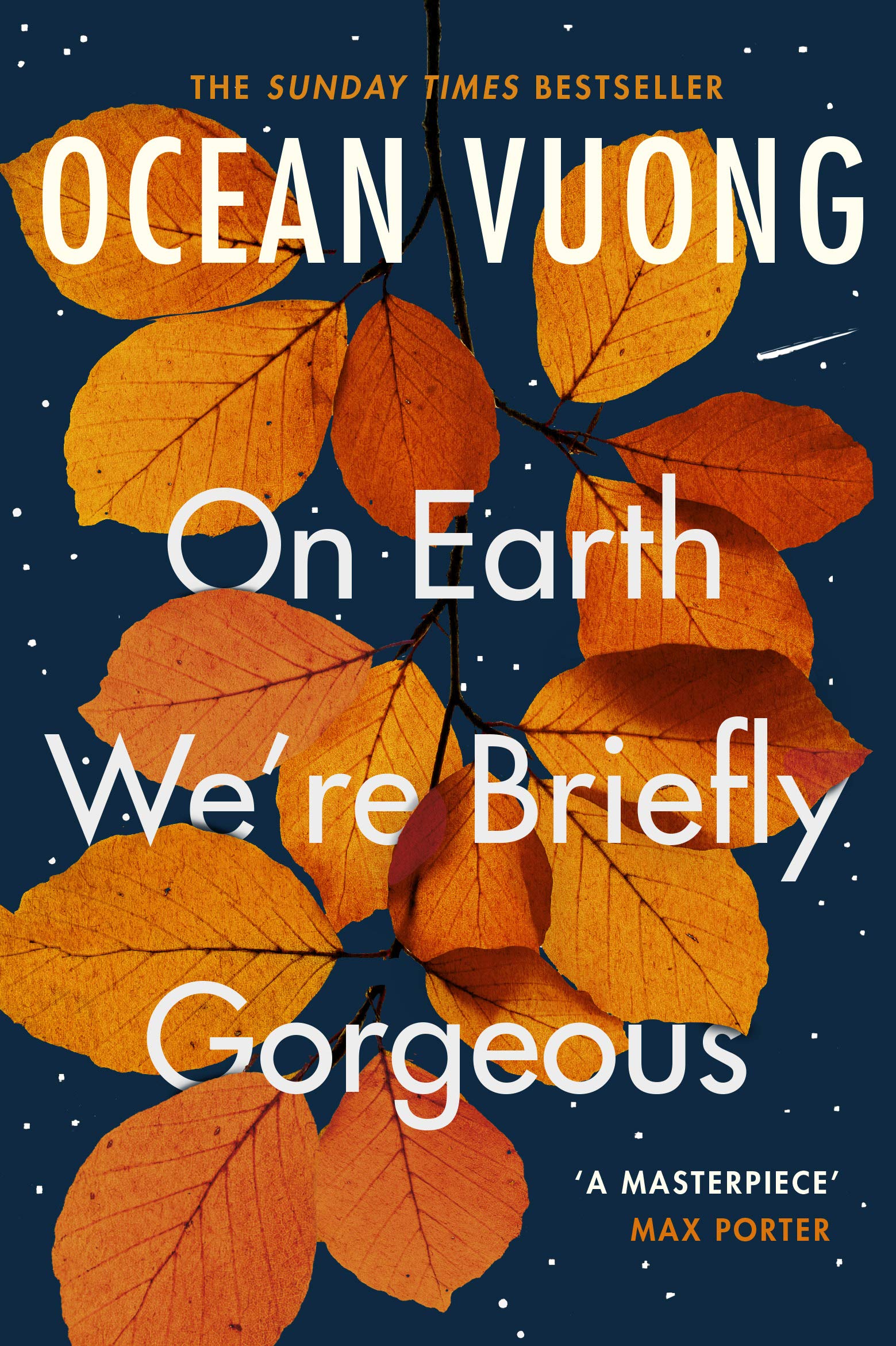The beauty of a good book is that it makes everyone feel like they belong in their ways, right at home in a world that’s scattered like potpourri leaves. “I would hope that readers approach the book, read it, and not necessarily take anything away, not possess anything, but perhaps just more of themselves. If they could see more of themselves in the book…,” says Ocean Vuong, poet and author of On Earth We’re Briefly Gorgeous.
Written in a disrupted and first-person narrative structure that uses an epistolary format, drawing heavily on a stream of consciousness, the book feels like a long poem that never ends. Should it? You’ll ask yourselves over and over again. Little Dog writes a letter to his mother, painfully aware of the impossibility of it ever being read by her (she cannot read), the very impossibility which renders it even more possible for him to write. It’s true, I suppose, that sometimes it’s easy to scream out when no one is listening.

On Earth We’re Briefly Gorgeous
To Little Dog, this long stretched letter is a way of talking, to settle things out, like flattening an old crumpled map, ironing out its lines to locate a home or perhaps be a little less lost than before. The book traces Little Dog’s coming of age moment, and his relationship (for lack of a better word) with his mother, his grandmother and Trevor, stuck in the crosshairs of too many desperations quarrelling to seek some salience.
The beauty of this book is that the more you try to find a way out, the more you get sucked in, like quicksand that presses itself around your body, forcing you to patiently hold up and wait. As we chug through the pages, we find a suffocating intersection of tragedies.
A strange heaviness settles on our bodies as we move further — a heaviness of race latched onto the colour of the skin, intergenerational trauma of wars and violence that reduce generations to breathing bodies, and people who stick to the leftovers of a life left in them, howsoever thin it may be. The book in a way tells you that despite everything, it is possible to live. To be gorgeous — brief, yet gorgeous.
Vuong uses lush details, and a language that is laced with his sensory writing, rendering reading a delicately delicious task, as it rightly should be. His lyricism climbs from the banal description of a comma to the no holds barred specifics of the physical act of lovemaking. “As if we were two people mining one body, and in doing so, merged,” he writes.
Little Dog’s story is an apt reflection of the lives of immigrants and victims of a war-torn country, how they hold onto (despite the challenges of their new homes) the threads of their culture, their names, their language, their food and everything that has a name, or worse nameless. Ocean Vuong is also painfully honest in bringing out that sometimes this preservation of one’s identity loses immediacy and gives way to more urgent tasks, like living, breathing, and waking up.
“Our mother tongue then is no mother at all but an orphan,” Vuong writes somewhere, mourning the loss of Vietnamese, the language of his mother that never developed fully, the language that remains stuck somewhere behind his teeth, too fragile to ever come out, to alien too be heard in a faraway land called America.
But there’s hope, like always. Not all is lost until you say so is perhaps Ocean’s central message to the readers. Loss or “losing,” in Vuong’s words, “could make more of us”. Vuong tells us through his poem-caught-in-a-prose style that even in the loss, there’s redemption, a beauty of sorts only if one knows where to find it.
He tells us that it is possible, and perhaps desperately needed today more than ever, to rake up beauty from the ashes of a doomsday, because only that will salvage our ‘today’ that we keep roasting on the charred relics of ‘yesterday,’ so that we all wake up tomorrow. Little Dog wants us to wake up tomorrow, today, and whenever it’s possible.
Sachin Solanki is a writer from Aligarh, India.
Featured image: Ralph (Ravi) Kayden / Unsplash

